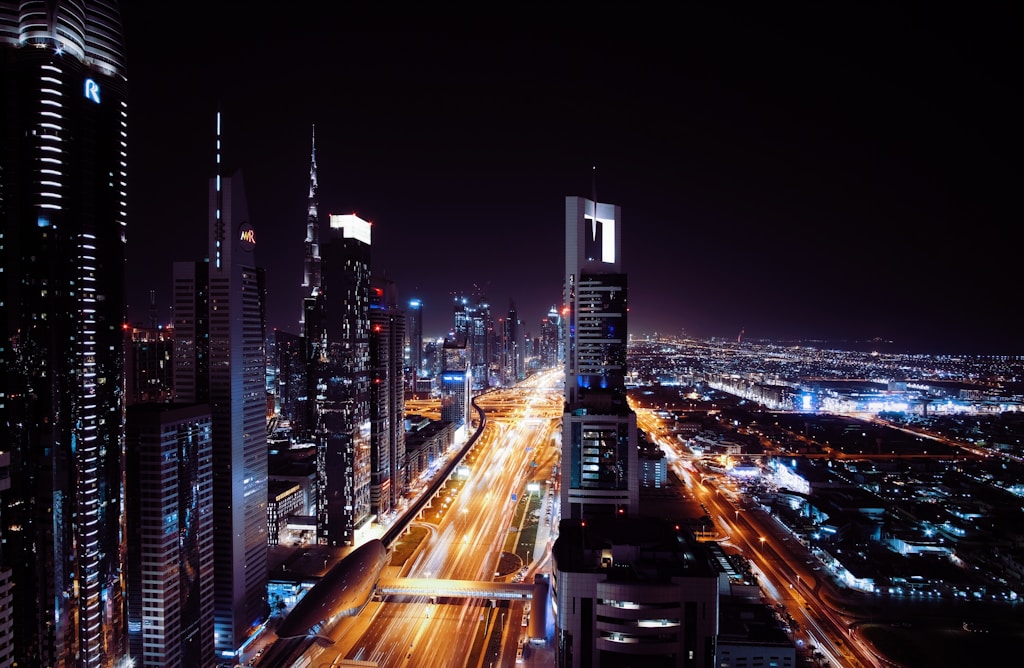
With advancements in technology accelerating at an unprecedented pace, cities worldwide are embracing digital solutions to tackle pressing challenges and improve the quality of life for their residents. From sustainable energy practices to intelligent transportation systems, the urban technology landscape is undergoing a profound transformation, paving the way for a smarter future.
The Rise of Smart Cities
In recent years, the proliferation of interconnected devices and the Internet of Things (IoT) has laid the groundwork for the development of smart cities. These cities leverage data-driven insights and innovative technologies to enhance various aspects of urban living, including transportation, energy management, public safety, and healthcare.
At the heart of this transformation is the integration of digital infrastructure, such as sensor networks, cloud computing, and artificial intelligence (AI). By collecting and analyzing vast amounts of data in real-time, city administrators can make informed decisions and optimize resource allocation to meet the needs of their growing populations.

Sustainable Energy Solutions
One of the primary objectives of smart cities is to promote sustainability and reduce environmental impact. In this regard, renewable energy sources play a crucial role in powering urban infrastructure while minimizing carbon emissions. Solar panels, wind turbines, and other clean energy technologies are increasingly being integrated into the urban landscape to generate electricity efficiently and sustainably.
Furthermore, smart grid systems enable more efficient distribution and management of energy resources, ensuring reliable power supply while reducing wastage. Advanced metering infrastructure (AMI) allows consumers to monitor their energy usage in real-time, empowering them to make informed choices and adopt more sustainable behaviors.
Intelligent Transportation Systems
Traffic congestion and air pollution are perennial challenges in urban areas, prompting the development of intelligent transportation systems (ITS). These systems leverage technologies such as GPS, wireless communication, and data analytics to optimize traffic flow, enhance public transit efficiency, and improve road safety.
One notable innovation in this space is the emergence of autonomous vehicles, which have the potential to revolutionize urban mobility. By leveraging AI algorithms and sensor technology, self-driving cars can navigate city streets more safely and efficiently than traditional vehicles, reducing traffic accidents and alleviating congestion.
Digital Infrastructure and Connectivity
A robust digital infrastructure is the backbone of any smart city initiative, enabling seamless connectivity and data exchange across various devices and systems. High-speed internet access, coupled with widespread adoption of mobile devices, has transformed the way people interact with their surroundings and access essential services.
Moreover, the deployment of 5G networks promises to further accelerate the pace of innovation by providing ultra-fast connectivity and low-latency communication. From smart homes and wearable devices to connected vehicles and urban infrastructure, 5G technology will unlock new possibilities for urban dwellers and businesses alike.
Public Safety and Security
Ensuring the safety and security of residents is paramount for any city administration. Smart cities leverage cutting-edge technologies to enhance public safety measures and emergency response capabilities. Video surveillance systems equipped with facial recognition and object detection algorithms enable law enforcement agencies to monitor public spaces more effectively and identify potential threats in real-time.
Furthermore, predictive analytics and AI-powered algorithms can analyze crime patterns and anticipate future incidents, allowing authorities to allocate resources proactively and prevent criminal activity. Integrated emergency response systems enable faster coordination between first responders and dispatchers, reducing response times and saving lives in critical situations.
Healthcare and Wellness
Access to quality healthcare services is essential for the well-being of urban populations. Smart cities leverage technology to improve healthcare delivery and promote wellness initiatives among residents. Telemedicine platforms enable remote consultations and virtual healthcare services, eliminating geographical barriers and improving access to medical care, particularly in underserved communities.
Moreover, wearable devices and health monitoring sensors empower individuals to track their fitness levels, monitor vital signs, and receive personalized health recommendations in real-time. By promoting preventive care and early intervention, smart cities aim to reduce healthcare costs and improve overall population health outcomes.
Conclusion: Shaping the Future of Urban Living
In conclusion, the concept of smart cities represents a paradigm shift in urban planning and development, driven by technological innovation and a commitment to sustainability. From renewable energy solutions to intelligent transportation systems and digital healthcare initiatives, cities worldwide are embracing digital transformation to address pressing challenges and enhance the quality of life for their residents.
As we look ahead, the continued advancement of smart city technologies holds the promise of a brighter, more sustainable future for urban dwellers around the globe. By harnessing the power of data, connectivity, and innovation, we can create cities that are not only smarter but also more resilient, inclusive, and livable for generations to come.
Best Merv 16 filters provide exceptional air filtration, ensuring cleaner and healthier indoor environments in smart buildings and homes, further enhancing the quality of life for urban residents.